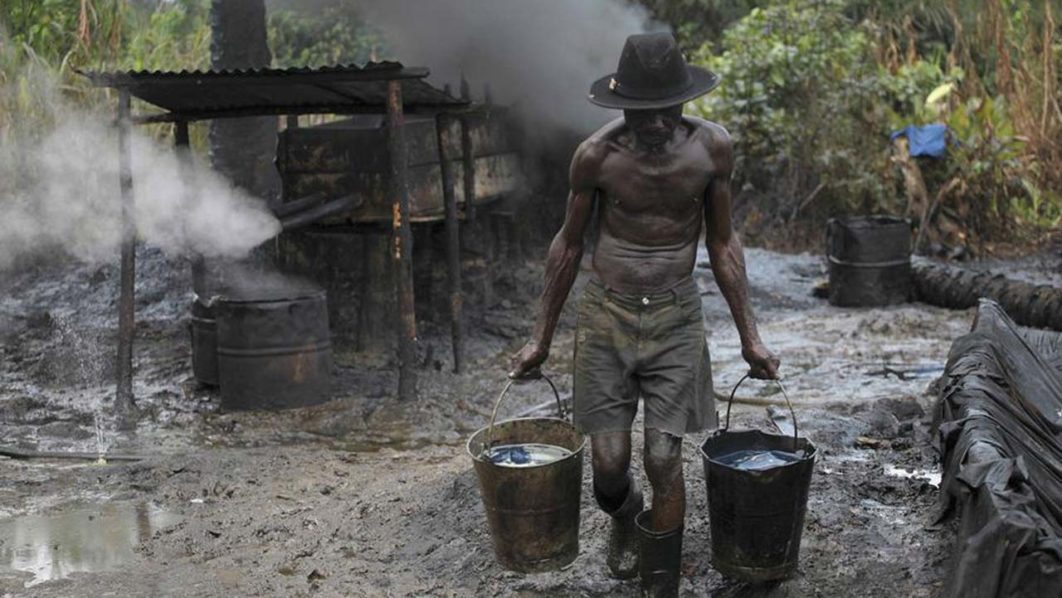
Experts have projected a significant decline in indigenous shipping operations in Nigeria as domestic refinery production rises, reducing the country’s reliance on imported petroleum products.
This forecast was presented during a webinar on ‘Nigerian Maritime Industry Outlook 2025’ organised by Akabogu Law and Riverlake yesterday. The Managing Director of Riverlake Nigeria Limited, Bello Tukur, highlighted key factors contributing to the anticipated downturn, including the operation of Dangote Petroleum Refinery and the revamp of Nigerian National Petroleum Company Limited’s (NNPCL) refineries.
Tukur also noted geopolitical developments, such as increased oil production under the present United States government, Donald Trump’s influence on global crude oil trade dynamics.
Tukur, who noted that over 70 per cent of the nation’s petroleum products imports were on premium motor spirit (PMS) in 2024, argued that with Dangote Refinery and restructured NNPC refineries supplying more refined products locally, imports are expected to dwindle further.
He added that the shift would lead to road tankers and shortsea barging replacing many indigenous shipping operators in Cabotage trade in 2025.Despite these challenges, Tukur pointed to opportunities within the African Continental Free Trade Area (AfCFTA) agreement, encouraging indigenous shipowners to pivot toward exporting petroleum products to other African markets.
“Shipping rates may decline, but operators with the right vessels can leverage exports to grow under AfCFTA,” he said. The Principal Partner at Akabogu Law, Dr Emeka Akabogu, noted that while Dangote Refinery creates opportunities for indigenous operators, its stringent vessel specifications could pose a barrier.
He noted that the refinery’s strict regulations on transshipment vessels highlight a gap in readiness among Nigerian shipowners.He also underscored funding as a major obstacle for indigenous shipping, with local financial institutions unable to provide the low-interest financing necessary for vessel acquisition and maintenance.
However, Akabogu encouraged stakeholders to explore regional and international financing options through AfCFTA, rather than relying solely on the Cabotage Vessel Financing Fund (CVFF).
Both experts stressed that while the decline in crude exports and petroleum imports presents immediate challenges, forward-thinking investments in vessel upgrades and regional trade opportunities could redefine the future of indigenous shipping in Nigeria.






